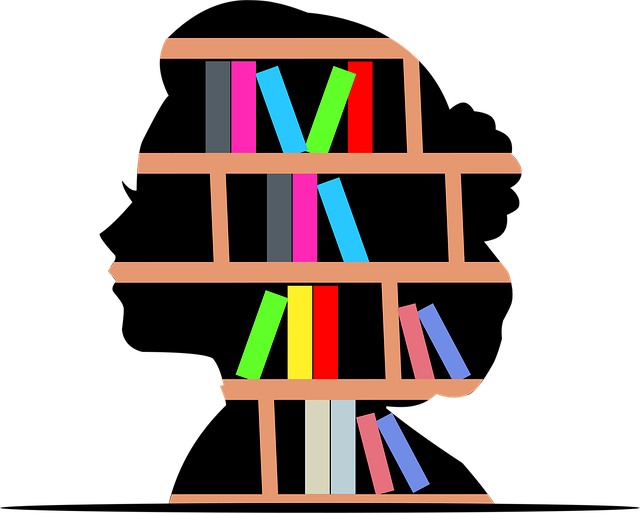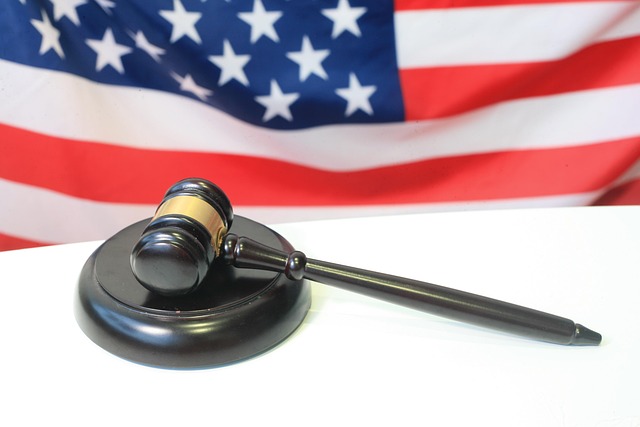The Shelterwood Academy lawsuit highlights concerns about accountability within the school, exposing alleged systemic issues like inadequate oversight and mistreatment. This legal action aims to promote transparency, ensure safer learning environments, and set a precedent for holding educational institutions responsible, sparking broader conversations about student welfare and potential reform.
“Discover the compelling story of accountability and justice in the context of Shelterwood Academy, a private institution with a complex history. This article explores the far-reaching implications of a significant lawsuit brought against Shelterwood, shedding light on its operations and the potential for systemic change.
We delve into the details of the legal action, analyze its impact, and discuss how this case sets a precedent for holding institutions like Shelterwood accountable, fostering much-needed reforms.”
- Understanding Shelterwood Academy and Its Operations
- Legal Action: The Shelterwood Lawsuit Unfolds
- Holding Institutions Accountable: Impact and Future Reforms
Understanding Shelterwood Academy and Its Operations

Shelterwood Academy, a renowned private boarding school nestled in the picturesque countryside, has long been celebrated for its vibrant and bustling academic environment. However, recent events have cast a shadow over its reputation as students and parents alike raise concerns about accountability and transparency within the institution. The Shelterwood Academy lawsuit marks a significant turning point, forcing the school to confront allegations of misconduct and poor governance.
This legal action aims to shed light on alleged systemic issues, including inadequate oversight, mistreatment of students, and financial irregularities. By taking this step, plaintiffs seek to ensure that Shelterwood Academy is held accountable for its actions and inactions, thereby creating a safer and more responsible learning environment. The lawsuit serves as a catalyst for navigating the complex landscape of educational institutions and their legal obligations.
Legal Action: The Shelterwood Lawsuit Unfolds

The Shelterwood Academy lawsuit marks a significant moment in holding educational institutions accountable for their actions. This legal action unfolds as families and former students come together to challenge the school’s alleged misconduct, seeking justice and compensation for perceived wrongdoings. The suit aims to expose potential abuses of power and failure to uphold ethical standards within Shelterwood’s walls.
As details emerge, it becomes evident that the lawsuit is not merely about financial restitution but also serves as a powerful tool for accountability. It prompts a broader conversation on the responsibilities of educational institutions and their obligation to protect the well-being of students under their care. The unfolding narrative promises to shed light on crucial issues, potentially setting a precedent for future cases and ensuring that similar incidents are addressed with greater transparency and urgency.
Holding Institutions Accountable: Impact and Future Reforms

The Shelterwood Academy lawsuit has brought much-needed attention to the importance of holding educational institutions accountable for their actions. This legal action highlights the significant impact that litigation can have on ensuring transparency and justice, especially in cases involving potential abuse or neglect within schools. By pursuing a Shelterwood Academy lawsuit, individuals who were harmed during their time at the institution can seek compensation and contribute to a larger conversation about institutional responsibility.
This incident serves as a catalyst for much-needed reform in the education sector. It encourages policymakers, educators, and parents to advocate for stronger oversight mechanisms, improved student protection laws, and better training programs for staff. Moving forward, the impact of this lawsuit could lead to more stringent regulations, regular audits, and enhanced support systems to prevent similar tragedies from occurring again, ultimately fostering a culture of accountability within educational settings.
The Shelterwood Academy lawsuit serves as a pivotal moment in holding educational institutions accountable for their actions. By delving into this legal action, we uncover crucial insights into the operational practices of Shelterwood and their potential impact on students. This case highlights the importance of transparency and responsibility in the education sector. In light of these revelations, it is essential to advocate for comprehensive reforms that ensure similar incidents are prevented and that student well-being remains a top priority. Through this legal tapestry, we can foster a more accountable and safe educational environment for all.
